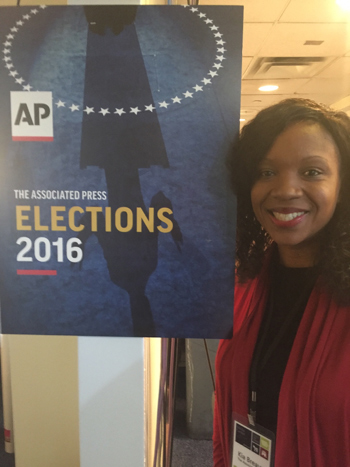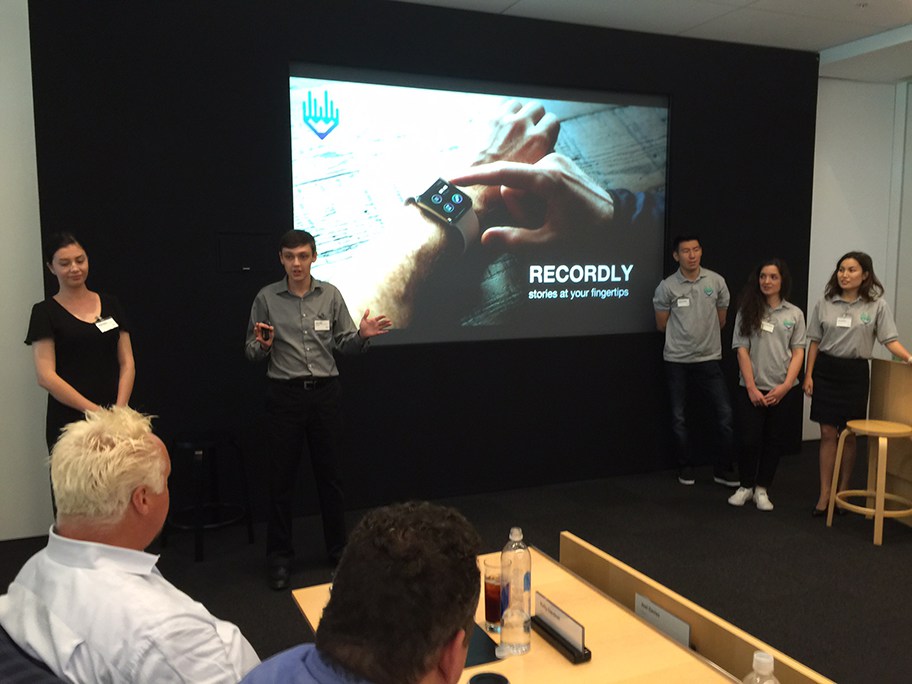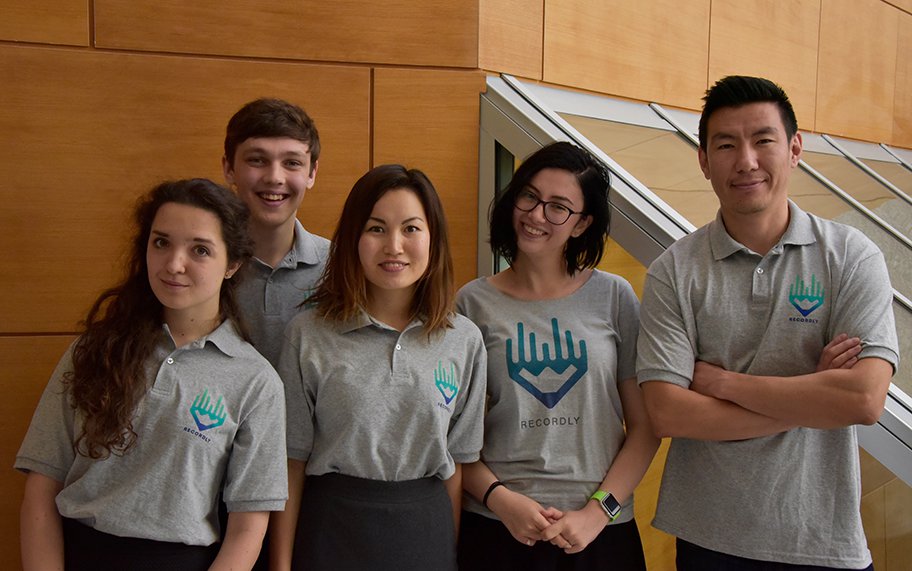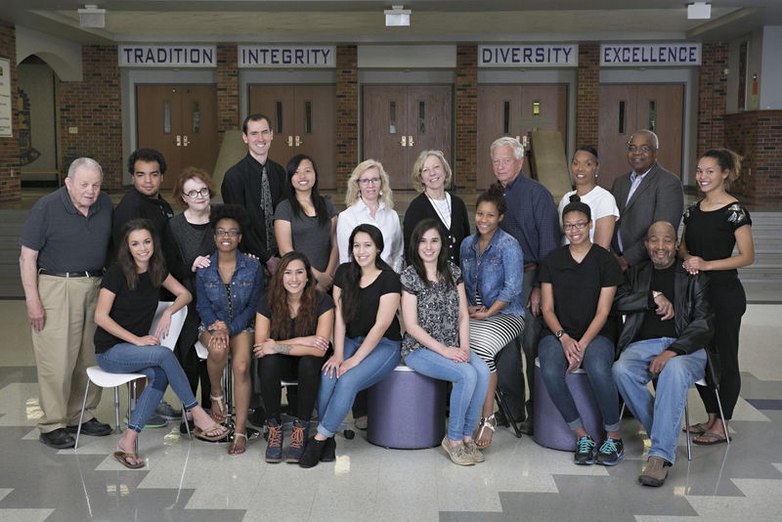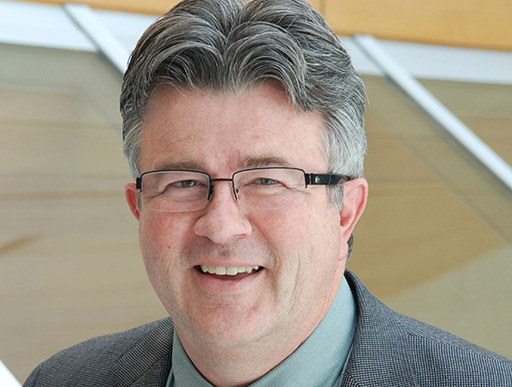
Tag: Reynolds Journalism Institute
Digital services suite helps community papers become one-stop shop for merchants’ advertising needs
Missouri Press Service has launched a suite of digital services designed to help community newspaper publishers boost their relationships with ad clients while generating additional revenue. Services range from creating websites and social media pages for newspapers’ ad clients to training newspaper staffs to sell targeted YouTube and display ads. Since MPS, a Missouri … Continued
Learning to JAM in 5 steps: New initiative reminds journalism students to archive their digital work
In the early days of computing, we used a phrase, “save early, save often.” Today’s digital content creators have more opportunities and more ways to save, but often forget this critical step.
To keep content from being lost forever, our students and faculty need to learn best practices.
I’m proud that our librarians, Ed McCain and Dorothy Carner, are launching an easy set of steps for digital storage. JAM — Journalism Archives Management — will set students and faculty on a path to preserving content long after it has been created.
— Linda Kraxberger, Associate Dean for Undergraduate Studies, Missouri School of Journalism
Postscript: A WordPress plugin for data visualization and multimedia
The first plugin from the Storytelling Tools project is now free in the WordPress directory.
Digital preservation: Why is this important to me?
Journalists are dependent upon access to back files for research and context, but those back files may no longer be there. Almost all news content created in the U.S. today is digital, but digital content is even more fragile than print and might be scattered over a variety of media and storage systems. How long … Continued
AP’s Kia Breaux passionate about helping young people pursue college dreams
“I am the end result of the Talk Story, Write Story program’s mission,” said Kia Breaux, Midwest Regional Director of The Associated Press based in her hometown of Kansas City. “I certainly could have benefited from this program, and I know many others who could have as well.” She offered her remarks during a day-long … Continued
Team Recordly demonstrates its prize-winning interviewing tool at Silicon Valley tech firms
The winning team in the 2016 RJI Student Competition took full advantage of their grand prize trip to California last week, demonstrating their Apple Watch/iPhone interviewing tool in five key venues. Recordly members John Gillis, Zolbayar Magsar, Anna Maikova,Yaryna Mykhyalyshyn and Sintia Radu began their tech tour at Apple world headquarters in Cupertino. They … Continued
Interviewing tool for Apple Watch wins 2016 RJI Student Competition
Technical Merit award goes to event-mapping app
Missouri high schoolers in Talk Story, Write Story offered more than $700,000 in scholarships
Originally published on The Columbia Daily Tribune website Leaving his wife and baby asleep, Erik Potter slipped away into autumn darkness every Monday and Friday morning to drive to Hickman High School, where an early-bird secretary buzzed him in. With just 90 minutes available in an empty conference room, Potter and senior Vy Le always … Continued
Edward McCain and Katherine Skinner: From Collaborative Action to Collective Impact
EDWARD MCCAIN: [Slide 1, 00:00] How many people here saw the film “Spotlight”? [Looks at hands raised.] I mean, I would think so. As you were sitting there, did you notice how many times — and how central a role — the news archive, the morgue, played in that movie? Would that story have been the … Continued
Could digital stories, written by journalists, be good medicine for the health care industry?
How can health care and journalism organizations work together to create digital stories that improve both the health care system and an individual’s health? As I seek answers during my RJI Fellowship at the Donald W. Reynolds Journalism Institute, I’ll rely on two life experiences: I’m an ex-health care administrator who later got a Ph.D. … Continued




